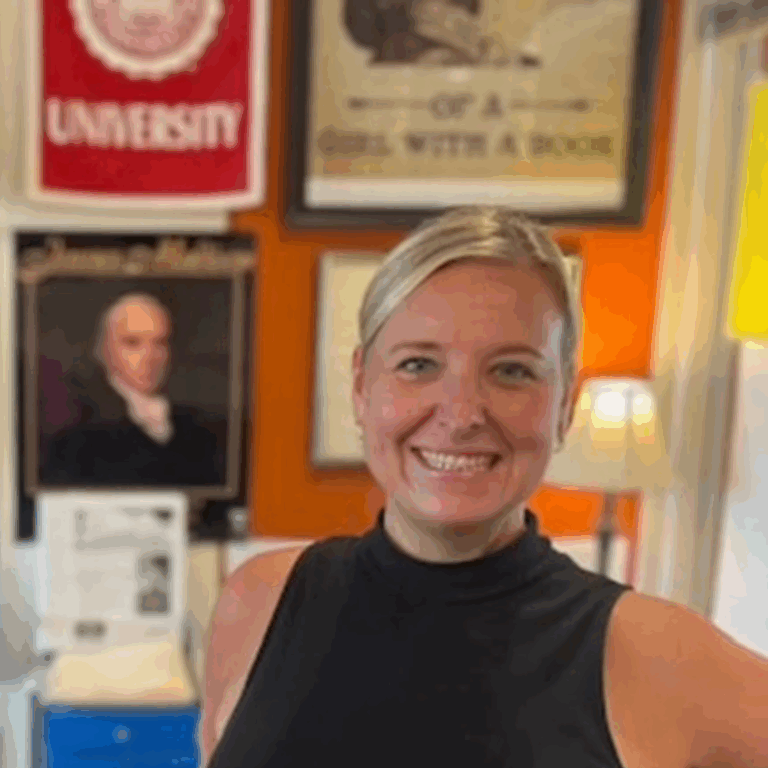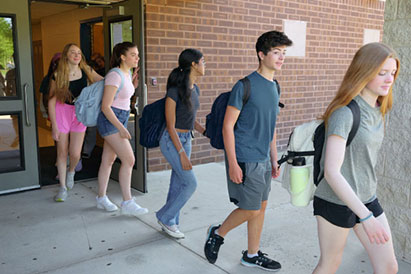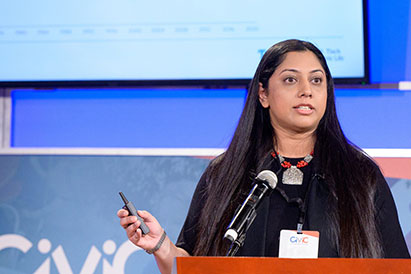Since August 2024, Don Jenkins has traveled around Norway as a Fulbright Roving Scholar in American studies. In this capacity, he spends about three days at a given school teaching lower secondary students (ages 14–16) about U.S. history, government, culture, and current events. By the end of the school year, he will have taught approximately 6,000 students.
Don uses iCivics as part of the curriculum he’s developed for some of his workshops on topics like the Bill of Rights, how laws are passed, and the Civil Rights Movement. As a teacher for 30 years, Don is familiar with iCivics:
It’s been successful in my classroom back in the United States, so I kind of thought that it would be a good way for kids to learn more about the presidency, the separation of powers, and the checks and balances—important governmental ideas in the United States. I think kids really remember what they learn from playing games these days, and I thought it would be kind of a fun way to highlight and have them go deeper into the points that we were discussing from the activities earlier in the workshop.
Don’s most popular workshop is “So You Want To Be President?” which focuses on the role of the president and the unique process of choosing a president in the United States, including discussions about the Electoral College and the two-party system involving Republicans and Democrats. He ends the course by giving students time to play Win the White House and Executive Command.
As the “foundation of any democratic country,” Don notes that civic education is not just about “learning the basics of how governments work and how bills are turned into laws, but it can teach all the subjects. You can teach how to read. You can teach how to write.”
Case in point, Don highlighted the benefits of using iCivics games for helping students practice their English skills. One of the goals of the Fulbright program is for the students to practice their English with a native speaker. Don likes that Win the White House can be played on different levels, so the vocabulary can align with the Norwegian students’ English language abilities:
They can kind of adapt it to whatever they think would be the best language level for them. A lot of kids are not entirely confident with using English, so I think it also helps them build some confidence, and it’s also good because they can work in groups and talk about what’s going on.
“We spend about half an hour on the games and talking about them. We had lunch after one of the classes, and many of the kids were still playing the game,” Don said, explaining one of the ways he gauges the game’s impact and how they engage his students.
“Whenever people ask, like, ‘Hey, I’m stuck. How can I get kids excited about government?’ I’m always like, ‘Use iCivics! That’s a good way to get them hooked.’”
About Don
Teaching experience: 30+ years — Middle and high school social studies
Select Awards: 2019 Civic Engagement Champion (National Association of State Boards of Education)





